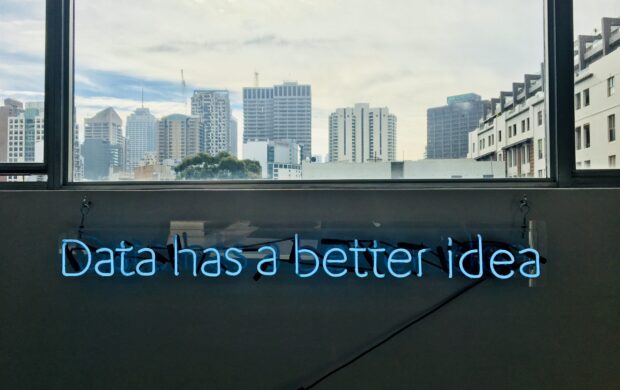The digital revolution is transforming our economies and our lives at exponential rates. Algorithms are revolutionising how our personal data is held – and profited from. Automation is gaining momentum across multiple sectors and industries – from insurance to transport. The power and potential of artificial intelligence is growing, everyday.
The benefits of a booming tech industry are undeniable: newfound opportunities to tackle environmental issues, speeding the adoption of the circular economy, improving healthcare, preventing fraud – and many, many more. But so too are the unintended consequences. This is making questions of private versus commons ownership, authoritarian versus libertarian governance and privacy versus security, ever more urgent.
As the power and wealth of major tech corporations grows, what are these unintended consequences? How are governance systems absorbing and responding? And what does it mean for our future?
The technology sector is the ‘invisible architecture’ underpinning many of the key dynamics in society today. It has the potential to either lock us into our current, fatally unsustainable trajectory, or to provide the enabling context for rapid transformation to a regenerative world.
If we are to shift to a regenerative economy, one which promotes human connection, empowerment and wellbeing within a sustainable biosphere, then the tech sector has a pivotal role to play. The key question we face now is how can we put in place the structures and regulatory mechanisms that ensure we can harness the power of technology to transform our world for the better?
Questions to hold
- Will technology lock us into an unsustainable trajectory or enable a regenerative future?
- How can we put in place the structures and regulatory mechanisms that ensure we can harness the power of technology to transform our world for the better?
- What does just and regenerative tech look like? What social contract would support that?
Actions to take:
- Rethink how technology is used and why.
- Redefine who knows, who decides and who sets the rules of tech and transitions.






















Join discussion